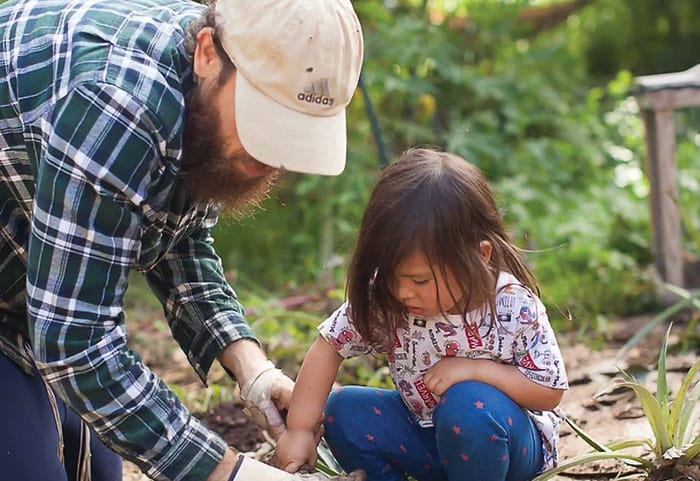
Day after day, as residents of Lahaina on the island of Maui were caught in the deadliest U.S. wildfire in over a century, I kept looking for some hopeful news about emergency efforts and rescue missions. I didn’t see much.
Hawaii has a decades-old system of sirens, including 80 on the island of Maui that are tested monthly. But public safety employees reportedly failed to activate the sirens during the Lahaina wildfire.
Hawaii Gov. Josh Green said he wished sirens would have alerted residents to evacuate as the wildfire quickly spread through Lahaina, calling the response by the island’s now former emergency chief “utterly unsatisfactory to the world.”
As reported on the Cato Institute website, other aspects of the government’s response to the wildfire have come in for criticism. Firefighters initially controlled the blaze but reportedly left the scene before confirming it had been fully extinguished. The government apparently provided insufficient water to fight the fire as it expanded. After the fire, police reportedly prevented residents from returning to their homes to look for relatives, pets, and needed possessions.
Maui resident Allisen Medina told the Daily Mail on Aug. 18, “People have been doing their own recovery. One hundred percent not enough is being done so people are doing it themselves. The government relief organizations – they’re not doing anything.”
“We have the right to know what’s going on,” she added. “FEMA came here to help with the recovery [process] but we don’t see them.”
Perhaps the words that shook me the most were “the runway wasn’t cratered.” They were uttered by resident Dennis Mullen on the day President Biden visited the disaster zone, 13 days after the tragedy that killed at least 114 people, with more than 1000 people still unaccounted for.
“Any number of military aircraft, planes and helicopters could have flown in here,” Mullen told the New York Post. “To leave a town that was just devastated shut down was just ridiculous. The runway wasn’t cratered.”
It’s always frustrating to see our government fail our people during natural disasters. I felt the same way when President George W. Bush dragged his feet during Hurricane Katrina. It’s not just frustrating. It can be infuriating.
So, you can imagine my surprise when I heard the story of Los Angeles resident Ben Andron’s family trip to Maui right before the wildfire hit.
“Tuesday, August 8th, we woke up in our beautiful Ka’anapali villa (just a few miles north of Lahaina) to find the power out and the most intense wind pounding against the windows,” Andron writes in this week’s cover story. “Traffic was very intense with road closures and detours … We lost count of how many downed power lines we passed.”
Andron called his story “Miracle in Maui” because he came across Rabbi Mendel Zirkind and his wife Chana, a Chabad couple who moved to the area six years ago. During that time, they managed to create a little Jewish oasis called Maui Kosher Farm.
Andron called his story “Miracle in Maui” because he came across Rabbi Mendel Zirkind and his wife Chana, a Chabad couple who moved to the area six years ago. During that time, they managed to create a little Jewish oasis called Maui Kosher Farm.
As you’ll read in Andron’s story, it is that farm that became his family’s miracle in Maui.
“Their mission was to create a Jewish anchor in a region devoid of one: to provide kosher food to locals and tourists who need it, to help the largely-unaffiliated Jews of Maui get closer to their roots and to help Jews from all over connect to the land in this beautiful paradise,” is how Andron describes this unlikely Jewish center in the midst of nature.
The problem is that it wasn’t easy getting there. Andron recalls a text from the rabbi that read as follows: “We’re right after the 10th speed bump on Malaihi Rd. If you don’t count the speed bumps and follow GPS you will get lost in the mountains.”
There’s something special about a rabbi who studies Torah for years, and then one day, the most important thing in his life is to tell a Jew visiting from Los Angeles that if he doesn’t count the speed bumps and follow GPS, he’ll get “lost in the mountains.”
There’s something special about a rabbi who studies Torah for years, and then one day, the most important thing in his life is to tell a Jew visiting from Los Angeles that if he doesn’t count the speed bumps and follow GPS, he’ll get “lost in the mountains.”
My heart aches at the many lives lost and traumatized in the Maui tragedy. And yet, there’s also room in my heart for gratitude at the kind and competent people who built Maui Kosher Farm, perhaps not knowing that one day, that farm would be the center of a Jewish miracle.







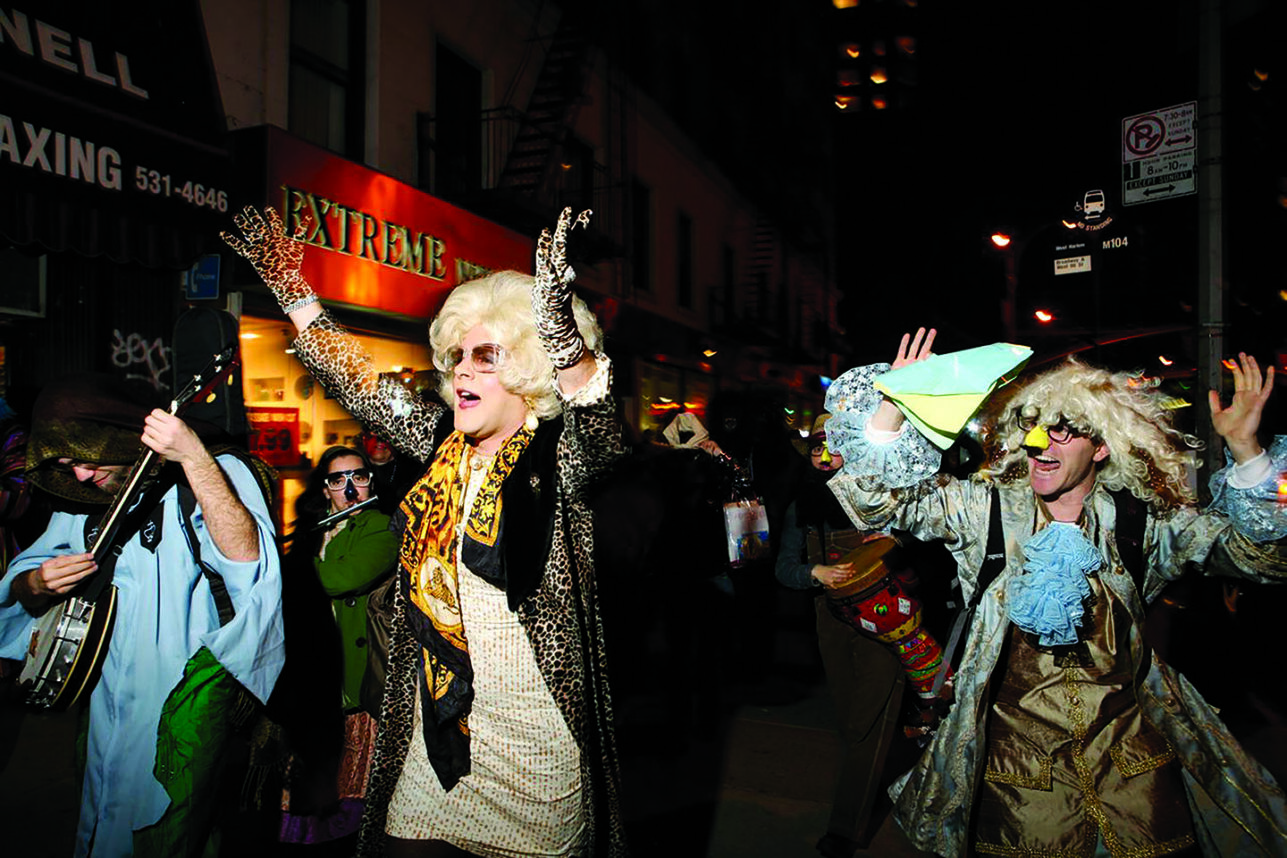
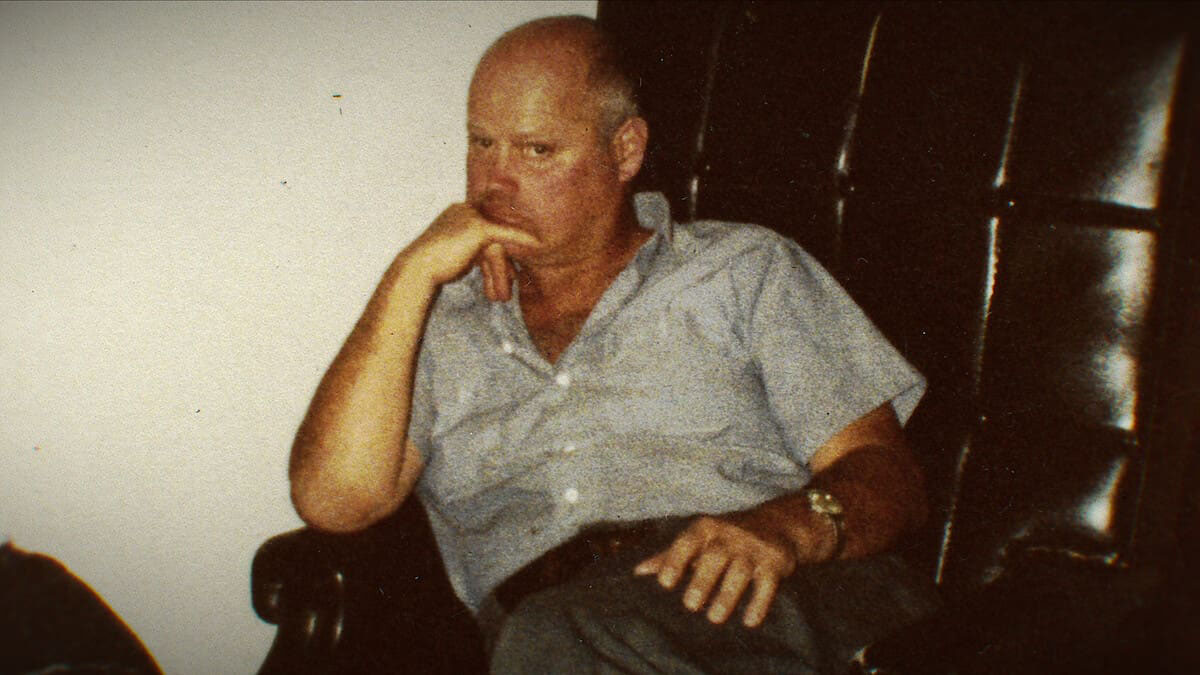
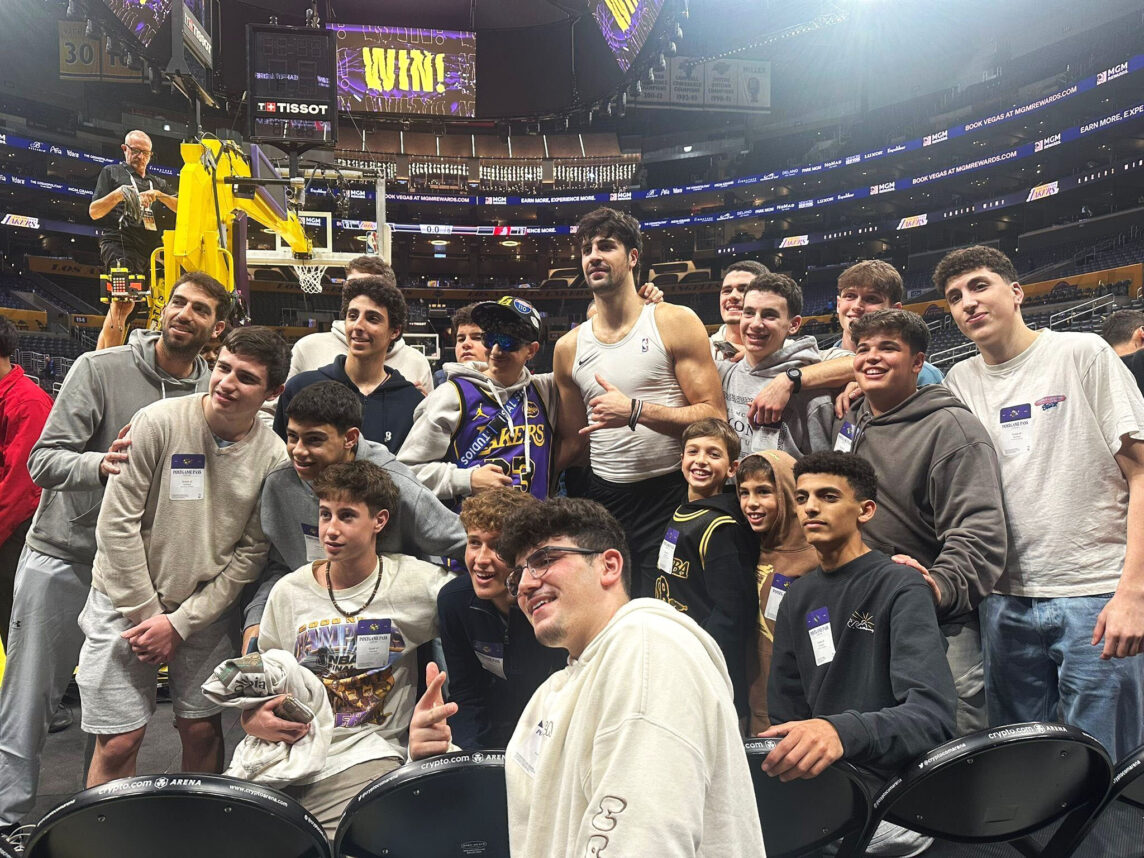


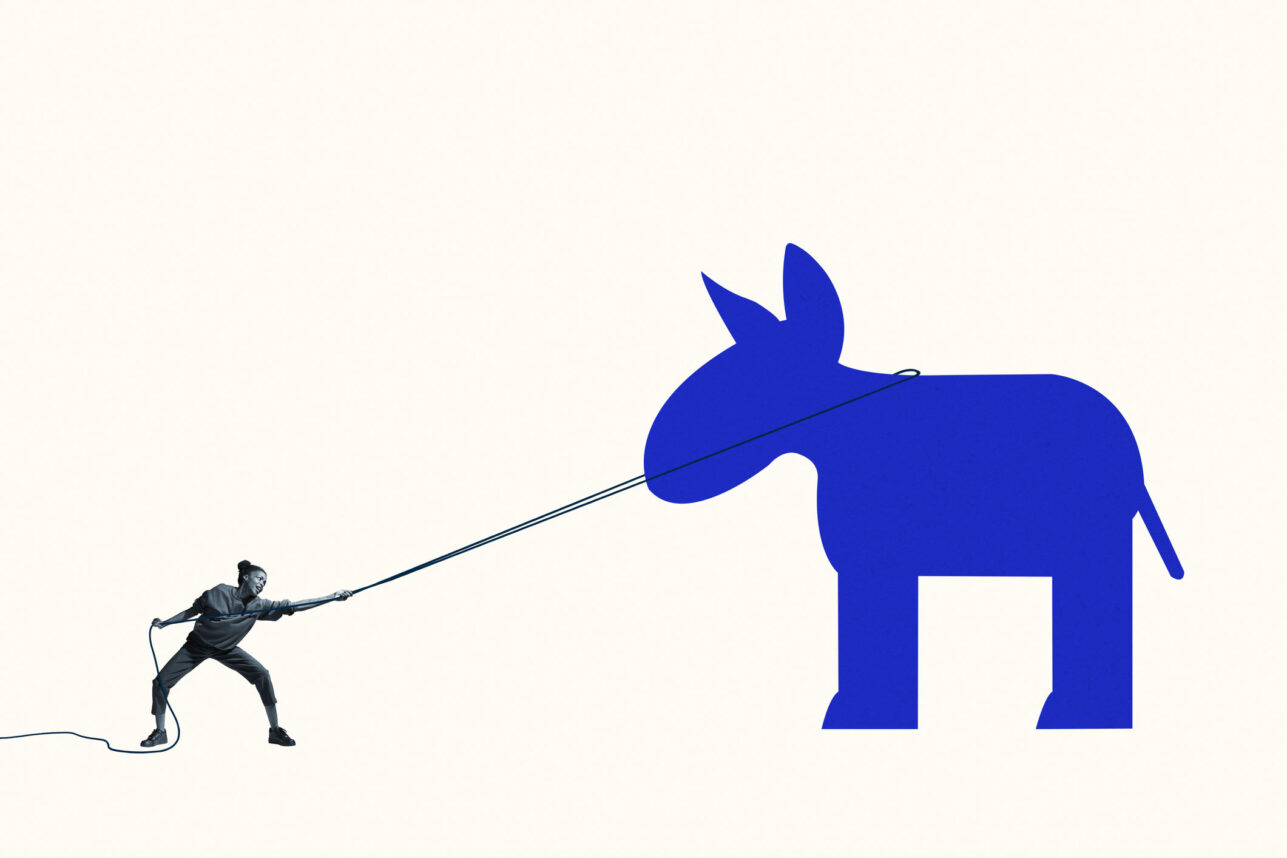
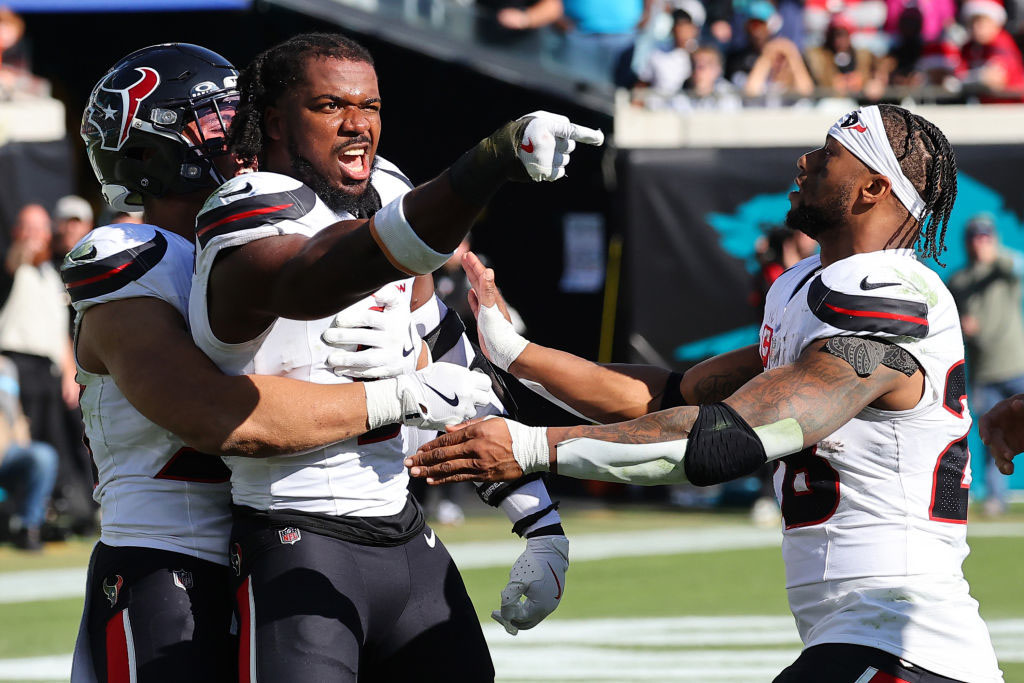
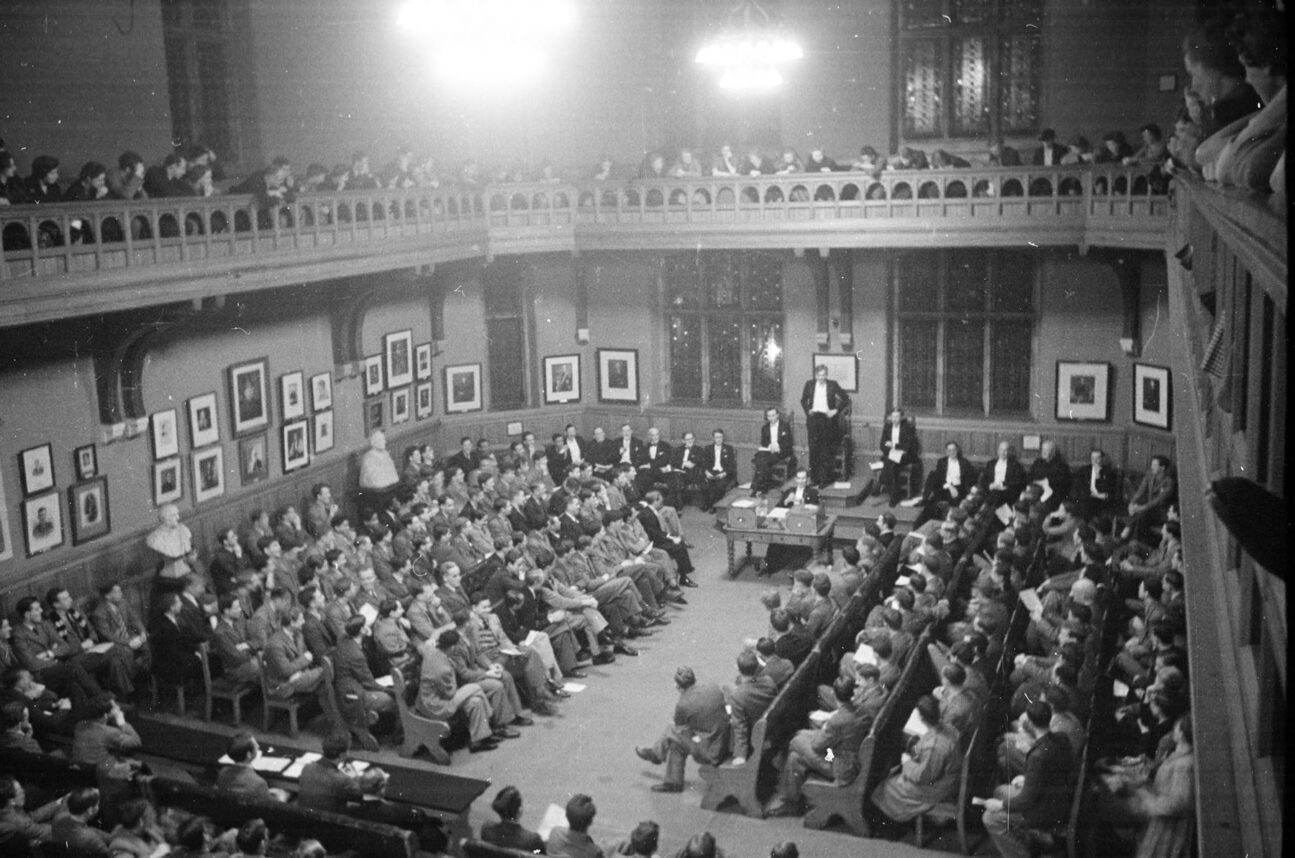
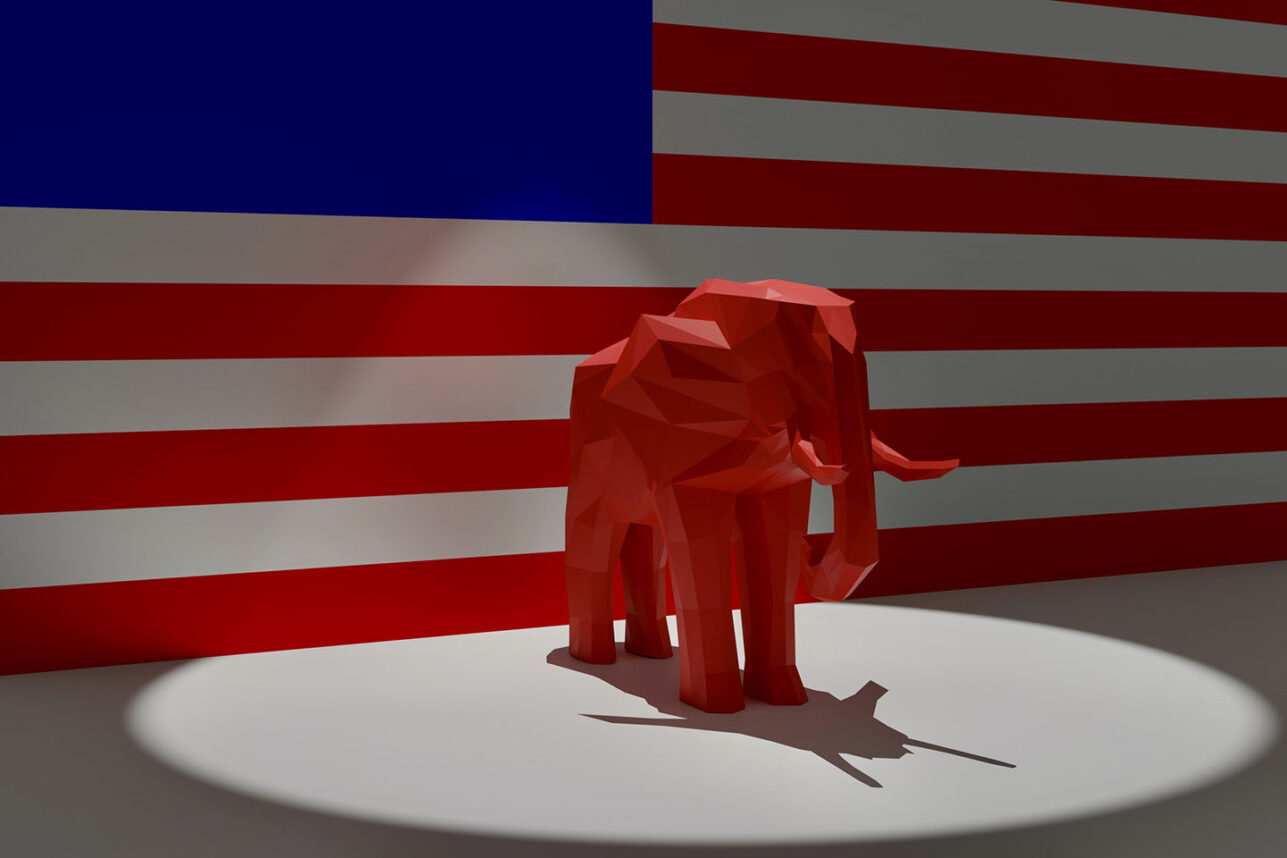







 More news and opinions than at a Shabbat dinner, right in your inbox.
More news and opinions than at a Shabbat dinner, right in your inbox.